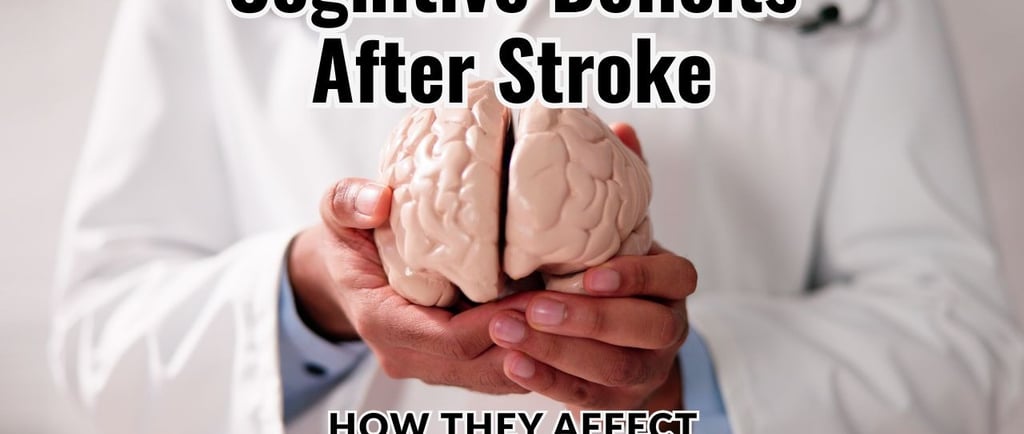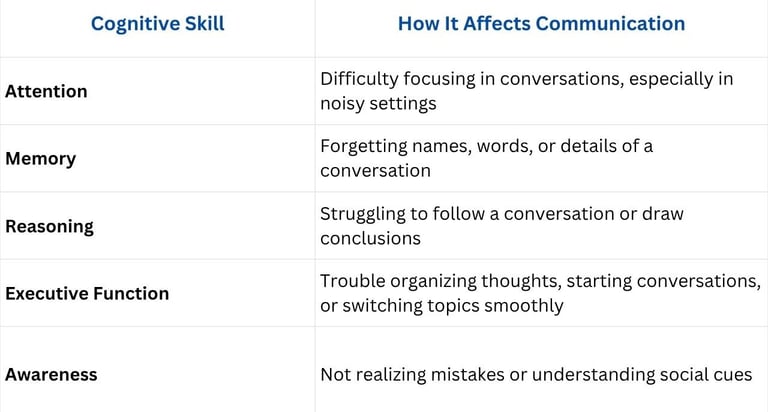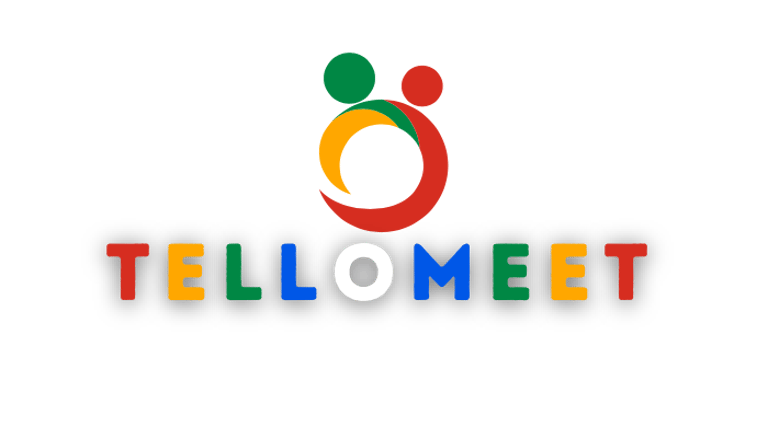Online Speech Therapy Platform
Cognitive Deficits After Stroke: How They Affect Communication
Understanding the Hidden Impact on Thinking, Memory, and Expression
COGNITIVE-COMMUNICATION DISORDERS
7/23/20252 min read


🧠 Introduction
A stroke can change everything — including the way a person thinks, remembers, and communicates. While speech problems like slurred speech or aphasia are often discussed, cognitive deficits after a stroke can be just as impactful, yet less understood.
This blog post explores how a stroke can impair attention, memory, and reasoning, and how these cognitive challenges can disrupt everyday communication. For survivors and caregivers alike, understanding these changes is the first step toward recovery.
⚠️ What Are Cognitive Deficits?
Cognitive deficits refer to impairments in the brain's ability to process and use information. After a stroke, depending on the area of the brain affected, a person may struggle with:
Paying attention during conversations
Recalling words or recent events
Organizing thoughts logically
Solving problems or making decisions
Switching topics or following directions
These challenges can make even simple interactions feel overwhelming or confusing.
📊 Common Types of Cognitive Challenges After Stroke
Here’s a breakdown of the main cognitive deficits and how they affect communication:


🧩 Real-Life Communication Challenges
Imagine trying to answer a simple question like “What did you do yesterday?”
For someone with cognitive deficits after a stroke, this can involve:
Forgetting what they did
Struggling to find the right words
Losing track of the conversation halfway
Feeling frustrated or embarrassed
These challenges can impact relationships, independence, and confidence.
💬 How Therapy Helps
Speech-language therapy plays a crucial role in treating cognitive-communication deficits. Therapists use personalized techniques to help stroke survivors:
Improve attention and focus
Strengthen memory through structured tasks
Learn compensatory strategies (like writing things down)
Practice problem-solving and reasoning
Rebuild confidence in everyday conversations
Online therapy platforms like Tellomeet make this care accessible from home, connecting stroke survivors with trained therapists for tele-rehabilitation.
🧠 The Importance of Early Intervention
The brain has an amazing ability to heal — especially with early and consistent therapy. Starting cognitive-communication therapy soon after a stroke can improve outcomes significantly. It can also reduce feelings of isolation and increase participation in daily life.
🧭 Support for Caregivers
Caregivers play a vital role. Being patient, using visual aids, simplifying conversations, and giving extra time to respond can make communication more effective and less stressful for everyone.
✅ Conclusion
Cognitive deficits after a stroke may not be visible — but they deeply affect communication and quality of life. With awareness, therapy, and the right tools, stroke survivors can regain their voice and reconnect with the world around them.
Platforms like Tellomeet offer expert-led, online speech therapy for cognitive-communication challenges. Early support makes all the difference.
